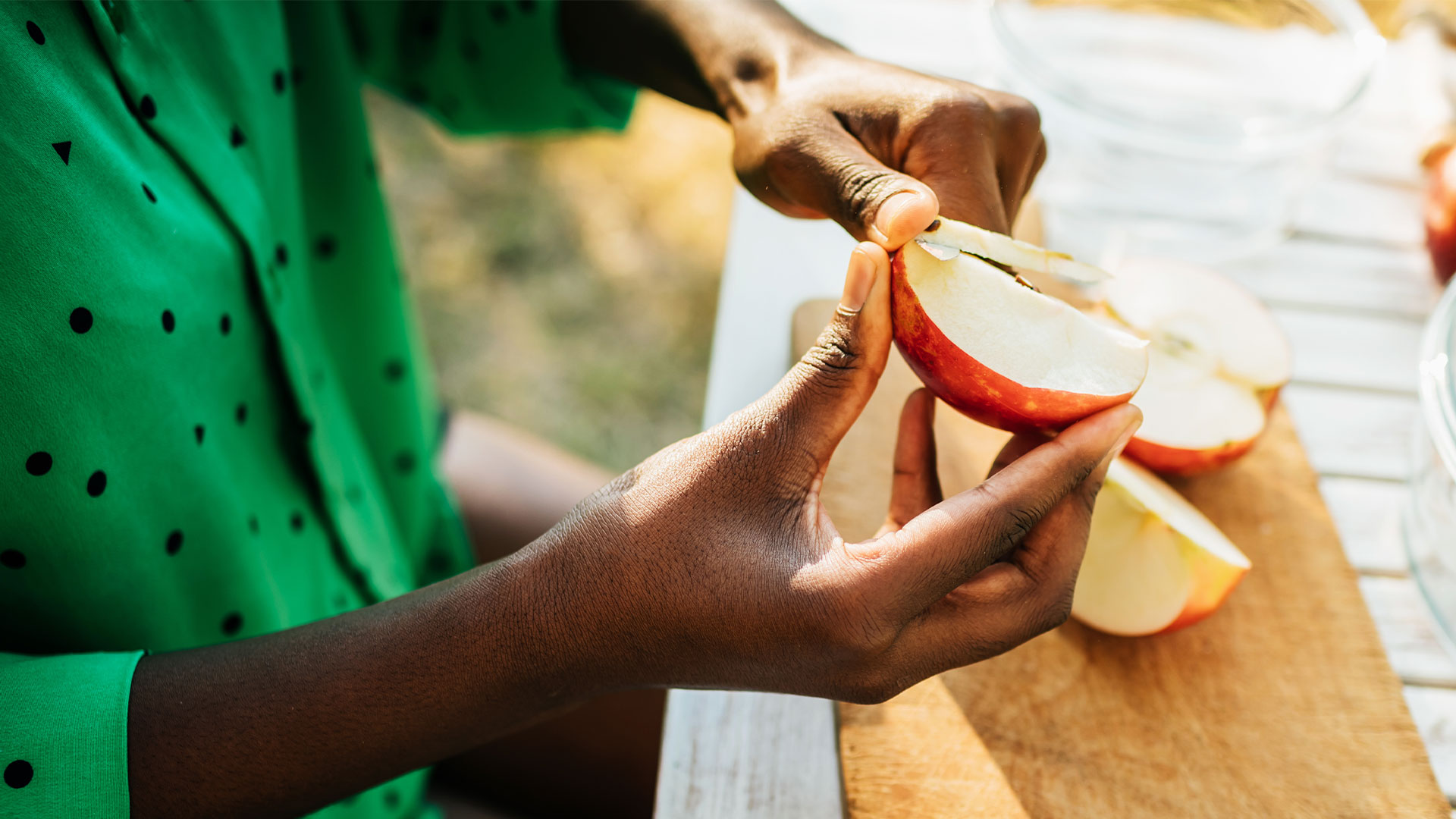Do you ever get tired of the same old stuff gathering dust around the house? Maybe it’s time to say goodbye to those pants that you haven’t worn in years, or those old appliances that you needed to get fixed … 3 years ago.
It’s time to part with the things that no longer add value to your life, and maybe even make some money out of it. After all, 1 person’s trash is another’s treasure.
How to start decluttering
Deciding what to let go of can be hard, and deciding where to start can be even harder, so don’t be too hard on yourself if you feel overwhelmed.
- Digitise paperwork
Start with downsizing. Paperwork can pile up, and the last thing you want is to throw out documents only to find out later that they were important. Use a scanner or even a smartphone scanner app and start digitising your essential documents. Create a folder on the cloud for safe storage. That way, you’ll be able to access your documents wherever you are, and you can get rid of the paperwork that’s taking up space.
- Remove what you no longer need
Clutter tends to build up when you hold onto things you no longer need, which reduces your ability to appreciate and use your living space fully. To create a more enjoyable environment, prioritise clearing out items that you haven’t used in a while. If they’re in good condition, consider selling or donating them, so that your declutter also contributes to sustainability.
- Turn broken electronics into cash
Before discarding electronics that no longer work, consider taking them to a scrap yard that buys scrap metal. These facilities often salvage usable parts to repair other items and are willing to pay for the items you might have otherwise thrown away, allowing them to be reused or recycled. Ask local scrap yards what scrap they buy and which specific types of electronics they salvage.
Take a step back and ask if you really need an item before you buy it
How to prevent clutter
Buying things you don’t really need on impulse and then letting them sit unused on your shelves is a major source of clutter. Get into the habit of not buying impulsively, and only buying things you know you need and will use. It’s the only way to break the cycle after decluttering if you want your home to remain clutter-free.
Consider these strategies to avoid the build-up of clutter:
- Budgets and shopping lists
Planning helps you keep your finances on track because budgets and shopping lists help prevent impulsive buying. It may take some willpower, but it will get easier when you notice that you’re saving more and have less clutter. You can use a Nedbank MyPockets account to designate funds for specific purchases, or to save towards an item that you really need.
- Think before you buy
Mindful spending is the opposite of shopping on impulse. It makes you take a step back and ask if you really need an item before you buy it. By weighing up an item in your mind for a while, you can work out whether you really need it or not.
- Invest in your future
When you start thinking about the long term, you’ll prioritise saving for your future over the instant gratification of buying things you don’t need. The money you save today holds the potential to grow significantly over time thanks to the power of compound interest. To optimise your savings, consider opening a notice deposit account. This not only allows you to benefit from favourable interest rates but also adds a built-in delay when the temptation to go on a shopping spree strikes, so you can’t splurge on impulse.
By consciously choosing to invest in your financial future, you can cultivate a disciplined approach to managing your resources and build a robust nest egg for your retirement.








